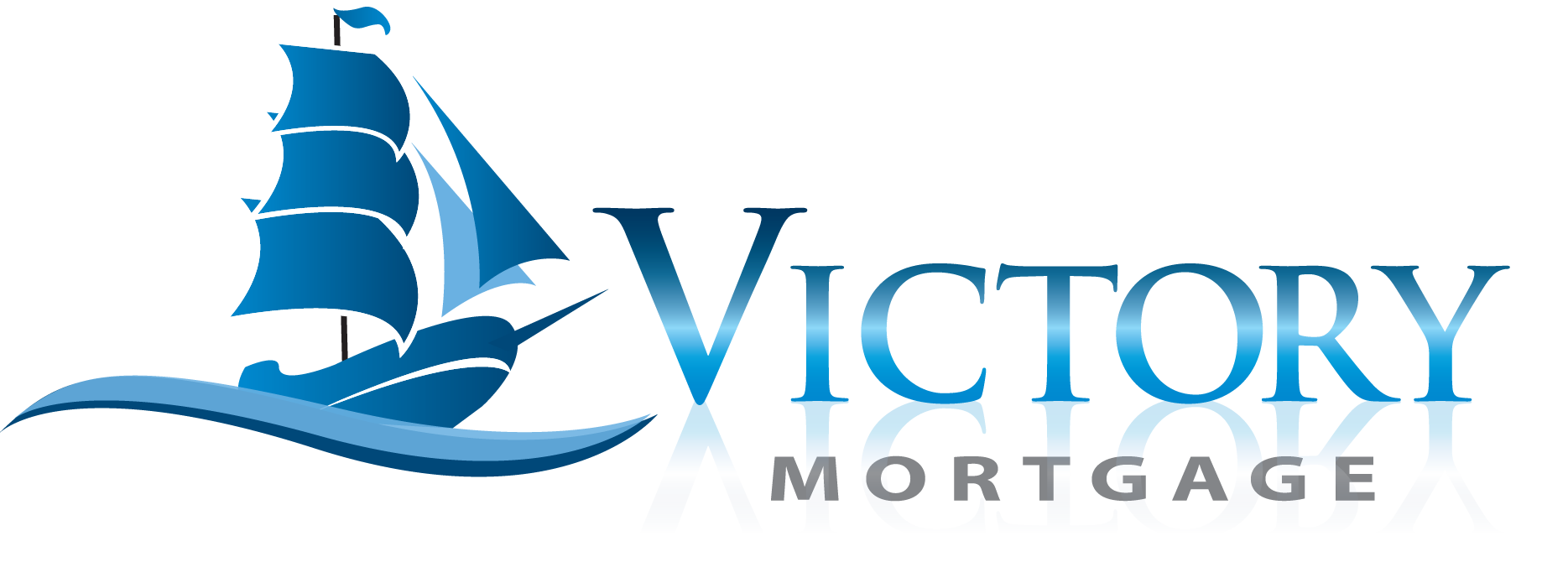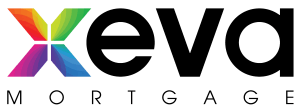How to Access Your Home Equity Wisely
Need to Free Up Some Cash? Your Home Equity Could Help
If you've owned your home for a while, chances are it’s gone up in value. That increase—paired with what you’ve already paid down—is called home equity, and it’s one of the biggest financial advantages of owning property.
Still, many Canadians don’t realize they can tap into that equity to improve their financial flexibility, fund major expenses, or support life goals—all without selling their home.
Let’s break down what home equity is and how you might be able to use it to your advantage.
First, What Is Home Equity?
Home equity is the difference between what your home is worth and what you still owe on it.
Example:
If your home is valued at $700,000 and you owe $200,000 on your mortgage, you have $500,000 in equity.
That’s real financial power—and depending on your situation, there are a few smart ways to access it.
Option 1: Refinance Your Mortgage
A traditional mortgage refinance is one of the most common ways to tap into your home’s equity. If you qualify, you can borrow up to 80% of your home’s appraised value, minus what you still owe.
Example:
Your home is worth $600,000
You owe $350,000
You can refinance up to $480,000 (80% of $600K)
That gives you access to $130,000 in equity
You’ll pay off your existing mortgage and take the difference as a lump sum, which you can use however you choose—renovations, investments, debt consolidation, or even a well-earned vacation.
Even if your mortgage is fully paid off, you can still refinance and borrow against your home’s value.
Option 2: Consider a Reverse Mortgage (Ages 55+)
If you're 55 or older, a reverse mortgage could be a flexible way to access tax-free cash from your home—without needing to make monthly payments.
You keep full ownership of your home, and the loan only becomes repayable when you sell, move out, or pass away.
While you won’t be able to borrow as much as a conventional refinance (the exact amount depends on your age and property value), this option offers freedom and peace of mind—especially for retirees who are equity-rich but cash-flow tight.
Reverse mortgage rates are typically a bit higher than traditional mortgages, but you won’t need to pass income or credit checks to qualify.
Option 3: Open a Home Equity Line of Credit (HELOC)
Think of a HELOC as a reusable credit line backed by your home. You get approved for a set amount, and only pay interest on what you actually use.
- Need $10,000 for a new roof? Use the line.
- Don’t need anything for six months? No payments required.
HELOCs offer flexibility and low interest rates compared to personal loans or credit cards. But they can be harder to qualify for and typically require strong credit, stable income, and a solid debt ratio.
Option 4: Get a Second Mortgage
Let’s say you’re mid-term on your current mortgage and breaking it would mean hefty penalties. A second mortgage could be a temporary solution.
It allows you to borrow a lump sum against your home’s equity, without touching your existing mortgage. Second mortgages usually come with higher interest rates and shorter terms, so they’re best suited for short-term needs like bridging a gap, paying off urgent debt, or funding a one-time project.
So, What’s Right for You?
There’s no one-size-fits-all solution. The right option depends on your financial goals, your current mortgage, your credit, and how much equity you have available.
We’re here to walk you through your choices and help you find a strategy that works best for your situation.
Ready to explore your options?
Let’s talk about how your home’s equity could be working harder for you. No pressure, no obligation—just solid advice.






